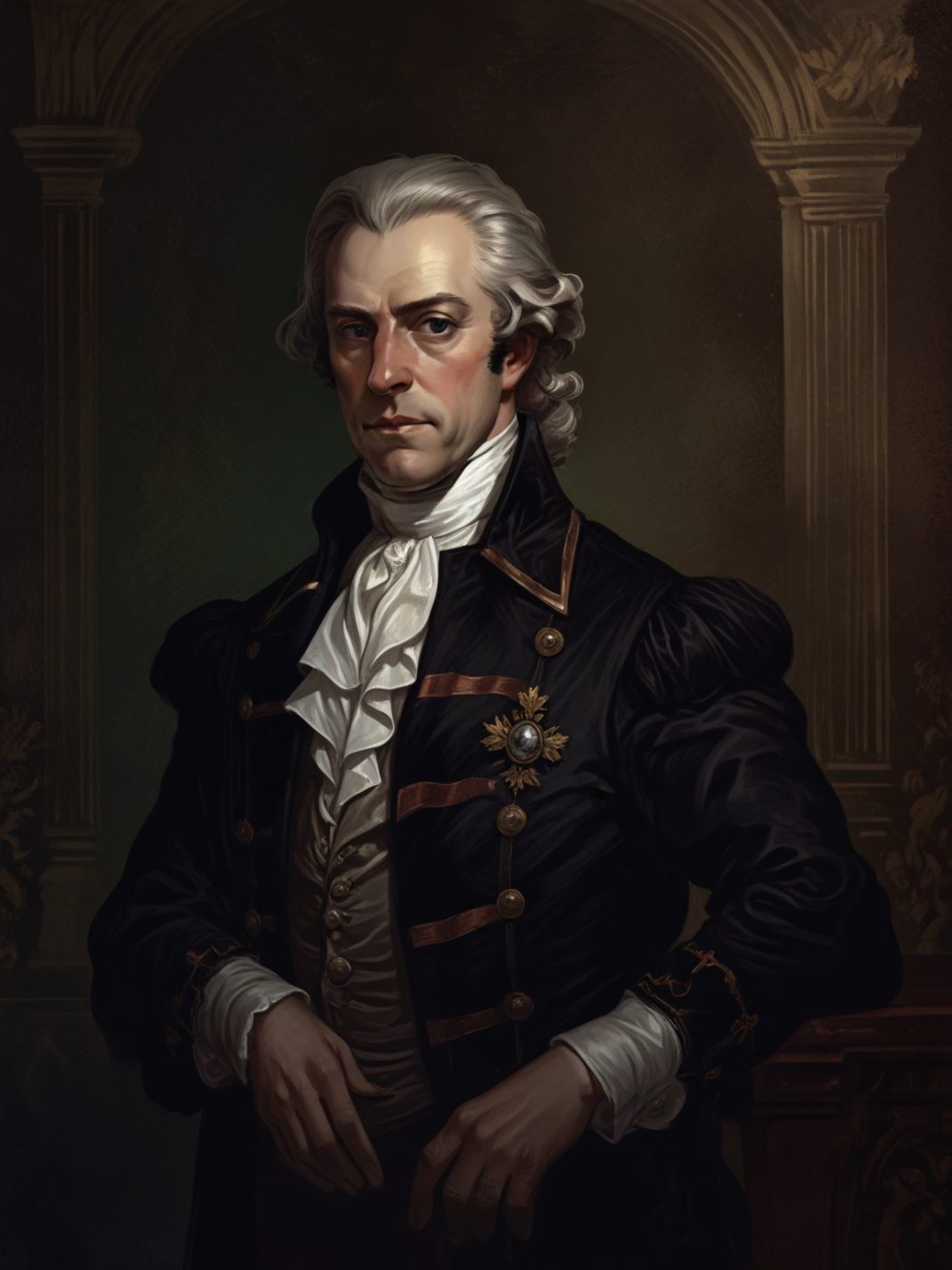This article explores the remarkable rise of Prussia, a small state that transformed into a major European force. It delves beyond the misconception of Prussia simply being a former Polish vassal and unveils the strategic maneuvering, exceptional leadership, and military prowess that fueled its ascension. You’ll discover how figures like Frederick William, Frederick the Great, and Otto von Bismarck played pivotal roles in shaping Prussia’s destiny. The article also explores Prussia’s lasting legacy in modern Germany, from its influence on the military to its architectural heritage.
TL;DR
- Go beyond the surface level story and explore the lesser-known fact that Prussia wasn’t always Prussia, but rather a result of a clever land acquisition.
- Gain a deeper understanding of the key figures who masterminded Prussia’s rise, from the “Great Elector” to the brilliant strategist Frederick the Great.
- Discover how Prussia’s legacy continues to resonate in modern Germany, influencing everything from its military to its architecture.
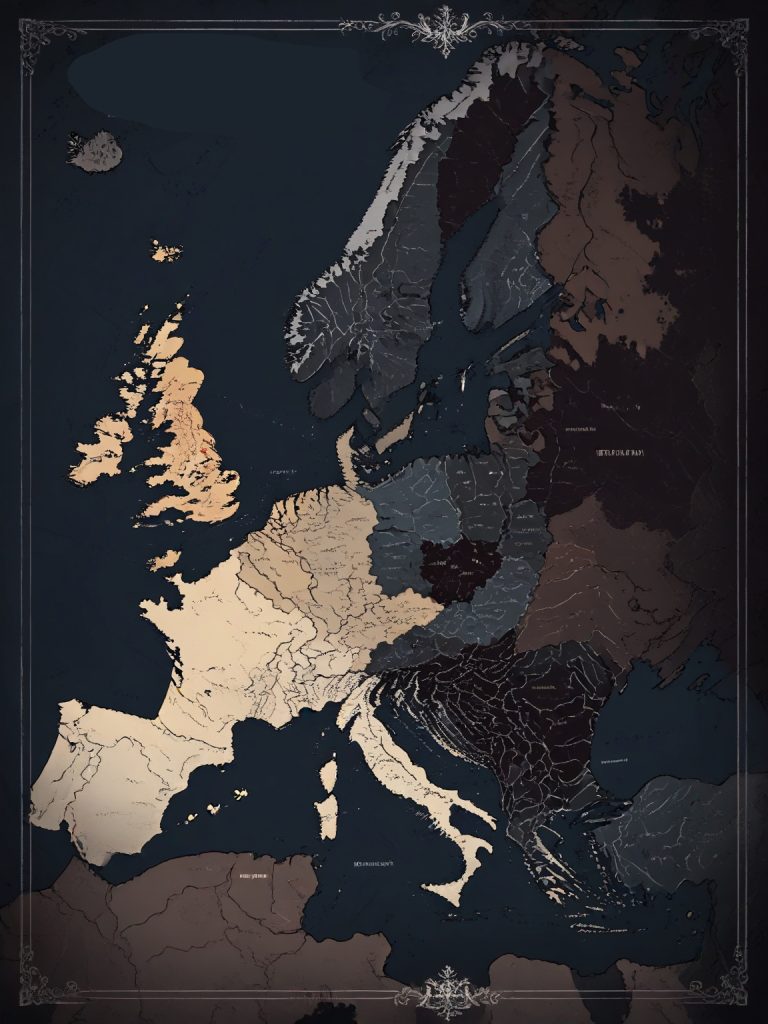
Have you ever wondered how Prussia, a seemingly insignificant duchy, rose to become a major European power in a relatively short timeframe? This is a fascinating story filled with strategic maneuvering, military might, and a touch of royal ambition.
While Prussia’s rise might seem sudden at first glance, it was actually the culmination of centuries of strategic acquisitions and shrewd leadership by the Hohenzollern dynasty. Unlike what you might have read elsewhere, Prussia wasn’t always Prussia. It began as the Margraviate of Brandenburg, a prominent state within the Holy Roman Empire.
Here’s where things get interesting: Brandenburg wasn’t a vassal of Poland, but it did acquire Prussia, a former territory of the Teutonic Knights, in the 17th century. This acquisition, however, wasn’t the sole reason for Prussia’s rise.
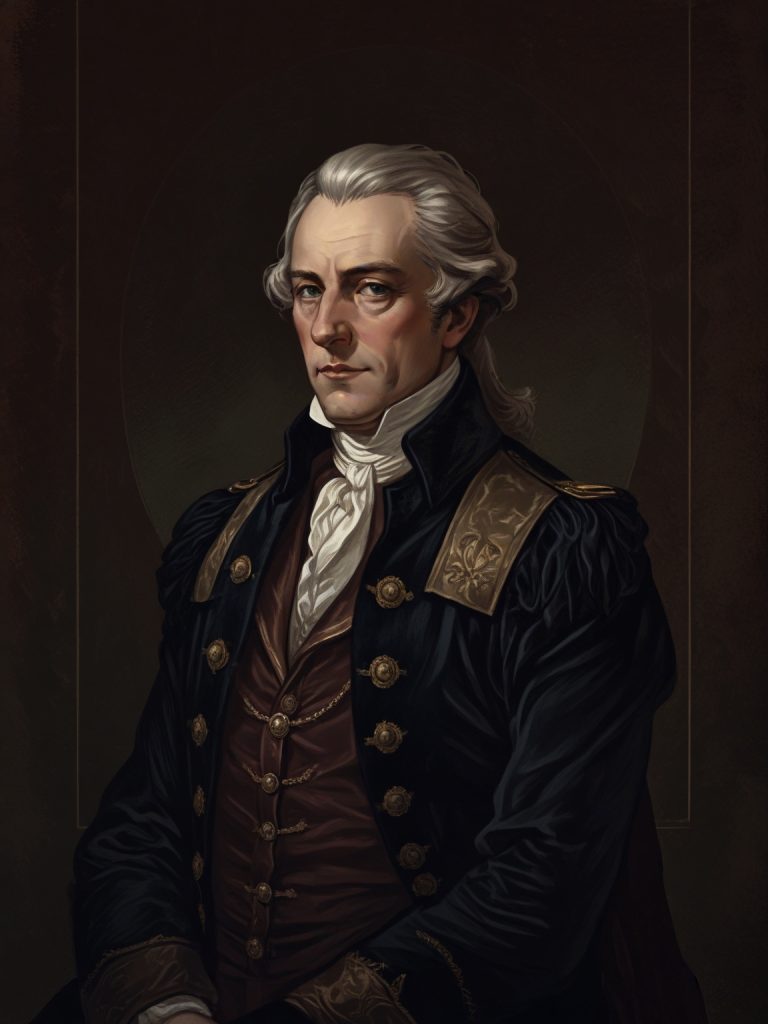
The true turning point came under the reign of Frederick William, also known as the “Great Elector.” He was obsessed with a singular vision: transforming Brandenburg into a powerful and respected European player. Recognizing military strength as the key to national security and prestige, he poured his resources into building a formidable army. This focus on military might laid the groundwork for Prussia’s future dominance.
Frederick William’s son, Frederick the Great, was a brilliant military strategist who wasn’t afraid to take calculated risks. He defied diplomatic norms and seized the strategically important region of Silesia from Austria during a time of Habsburg weakness. Through a series of wars now known as the Silesian Wars, Frederick the Great not only secured Prussia’s position as a major power but also established himself as a military genius who rewrote the art of warfare.
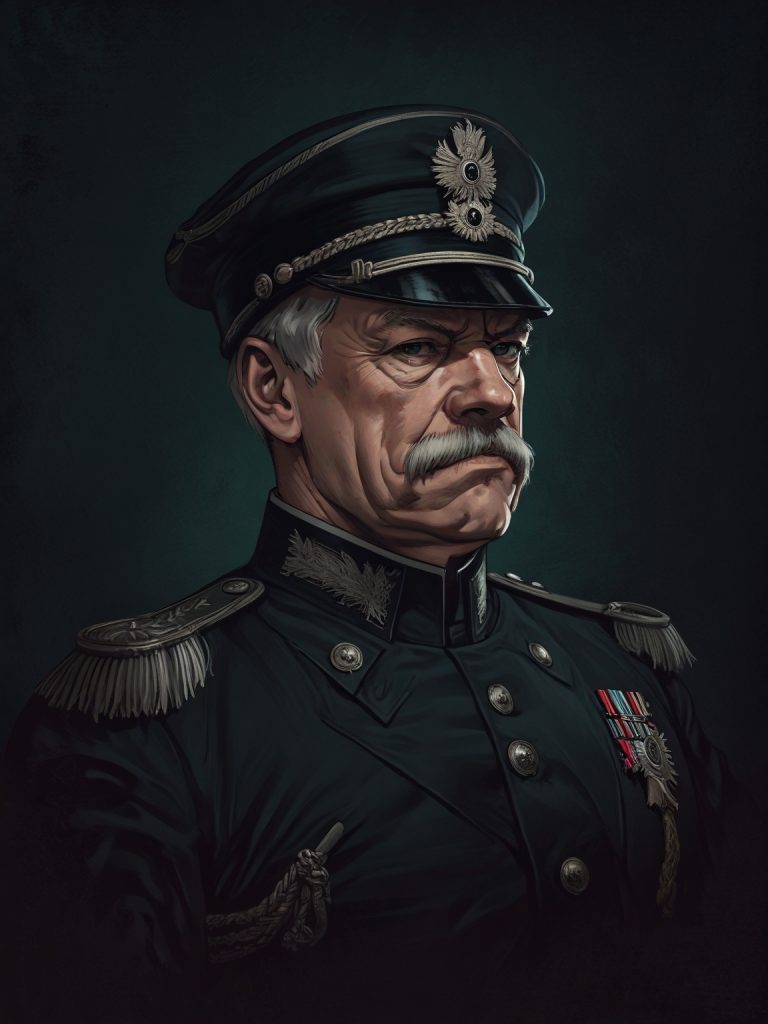
Prussia’s rise continued throughout the 18th and 19th centuries, with figures like military theorist Carl von Clausewitz and statesman Otto von Bismarck shaping the nation’s destiny. Clausewitz, forever immortalized for his treatise “On War,” revolutionized military thinking by emphasizing the psychological and logistical aspects of warfare, concepts that Prussian military leaders readily adopted. Bismarck, on the other hand, was a master diplomat who skillfully navigated the complex web of alliances and rivalries that dominated 19th-century Europe. Through a series of shrewd diplomatic maneuvers and victorious wars, Bismarck unified most of the German states under Prussian leadership, culminating in the creation of the powerful German Empire in 1871.
What is Prussia?
Prussia, in a nutshell, was a powerful European state that existed from the 17th century until the mid-20th century. It started off as a small state and eventually grew to become a major player in Europe, even rivalling countries like France and Austria. Here’s a quick breakdown:
- Rise to Power: Prussia wasn’t always Prussia! It began as the Margraviate of Brandenburg, which strategically acquired land and eventually merged with Prussia, a former territory controlled by the Teutonic Knights. This strategic maneuvering, along with strong leadership figures like Frederick William and Frederick the Great, helped Prussia rise in power.
- Military Might: Prussia became known for its well-trained and disciplined army, a key factor in its territorial expansion and political influence.
- Shaping Germany: Prussia played a pivotal role in unifying most of the German states under its leadership in the 19th century, leading to the creation of the powerful German Empire.
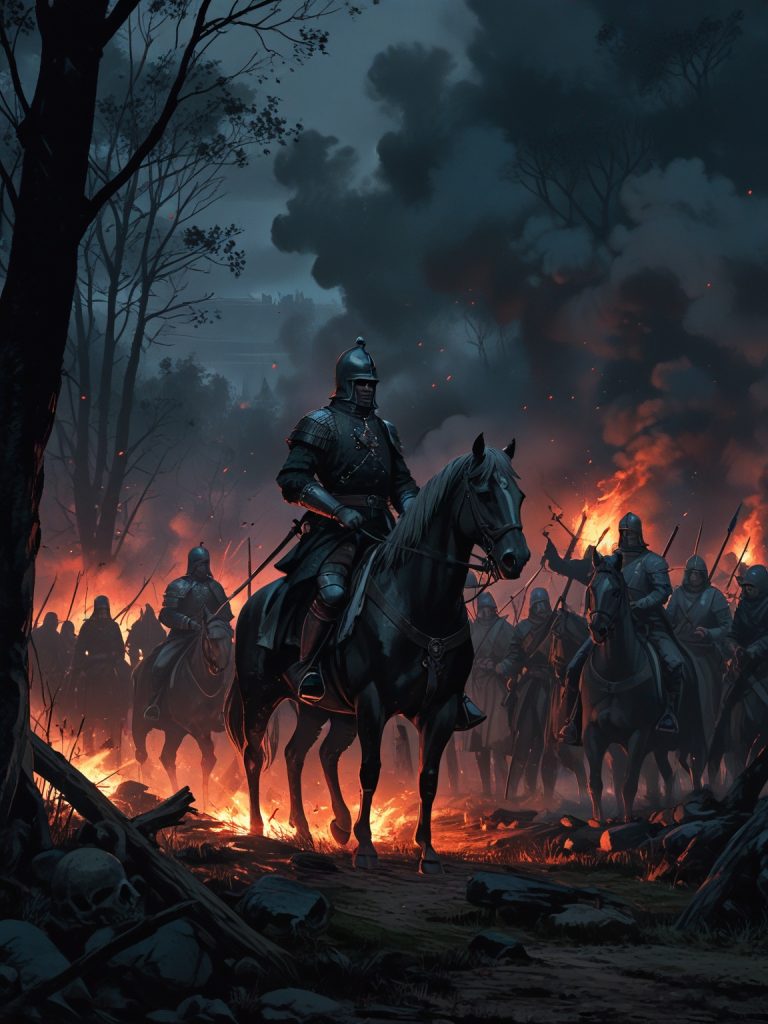
Prussia’s legacy is still felt in modern Germany, especially in its military structure and even some of its architecture. While it doesn’t exist as a separate state today, understanding Prussia’s rise and fall offers valuable insights into European history.
Understanding Prussia’s Rise: A Multi-Faceted Approach
Prussia’s ascent wasn’t a stroke of luck. Several key factors, cleverly interwoven by the Hohenzollerns, contributed to its success:
- Strong Military: The Hohenzollerns prioritized building a formidable army, a strategy that paid off handsomely in territorial expansion and political influence. Prussia’s military prowess was not just about numbers; it was about a culture of discipline, innovation, and strategic thinking instilled by leaders like Frederick William and Frederick the Great.
- Shrewd Leadership: From Frederick William’s focus on military buildup to Frederick the Great’s strategic conquests and Bismarck’s diplomatic maneuvering, Prussia’s rulers made calculated decisions that propelled the nation forward. These leaders weren’t just brilliant strategists; they were also adept at fostering a sense of national identity and purpose among the Prussian people, uniting them behind a common goal.
- Political Savvy: Prussia often exploited the weaknesses of its rivals, like Austria’s internal struggles during the Silesian Wars, to gain the upper hand. Prussian diplomats were also skilled at forging alliances with other European powers when it suited their needs, creating a web of political leverage that bolstered their position.
- Economic Efficiency: Prussia’s rise wasn’t solely built on military might; it was also fueled by a surprisingly robust economy. The Hohenzollerns implemented a series of reforms that streamlined tax collection, encouraged domestic industry, and fostered international trade. This economic engine provided the resources needed to sustain a large military and fund ambitious expansionist policies.

Prussia’s Legacy: A Stepping Stone for a United Germany
Prussia’s rise wasn’t just about its own ambitions; it paved the way for the creation of a unified Germany. By playing a pivotal role in German unification under Bismarck’s leadership, Prussia left a lasting mark on European history. The Prussian model of a strong centralized state with a powerful military would continue to influence German politics and society well into the 20th century.
Prussia’s Legacy in the Modern World: Echoes of a Bygone Era
While Prussia ceased to exist as a distinct state after World War II, its legacy continues to resonate in various aspects of the modern world, particularly in Germany. Here are a few contemporary examples:
- The Bundeswehr: The modern German military, the Bundeswehr, draws heavily on Prussian military traditions. The emphasis on discipline, efficiency, and strategic planning that characterized the Prussian army is still evident in the Bundeswehr’s training and doctrine. (https://en.wikipedia.org/wiki/Bundeswehr)
- Federal vs. State Power: The German federal system, with a strong central government but also significant autonomy for individual states, reflects a historical tension between Prussian centralization and regional identities. This ongoing debate about the balance of power within Germany can be seen as an echo of the historical struggles between Prussia and other German states. (https://www.britannica.com/place/Germany/Government-and-society)
- Prussian Architectural Heritage: Many grand Prussian buildings, like the Brandenburg Gate in Berlin, are now considered iconic landmarks in Germany. These structures serve as constant reminders of Prussia’s past grandeur and architectural influence. (https://en.wikipedia.org/wiki/Brandenburg_Gate)
- Debates about Prussian Militarism: The dark side of Prussian militarism, particularly its role in fueling German aggression during the 20th century, is a topic of ongoing debate among historians and political scientists. Examining Prussia’s legacy necessitates a critical evaluation of both its positive contributions and its negative aspects. (https://plato.stanford.edu/entries/18thGerman-preKant/)
This list is not exhaustive, but it highlights a few key ways in which Prussia’s legacy remains relevant in the modern world. Understanding Prussia’s rise and fall offers valuable insights into the complex political and military dynamics that continue to shape Europe today.

Ready to Dive Deeper?
Prussia’s story is rich with fascinating details and complex political machinations. If you’re interested in learning more, there are many excellent resources available online and in libraries. Explore the lives of key figures like Frederick William, Frederick the Great, and Otto von Bismarck to gain a deeper understanding of this pivotal period in European history. You can also delve into the social and cultural aspects of Prussian society,




